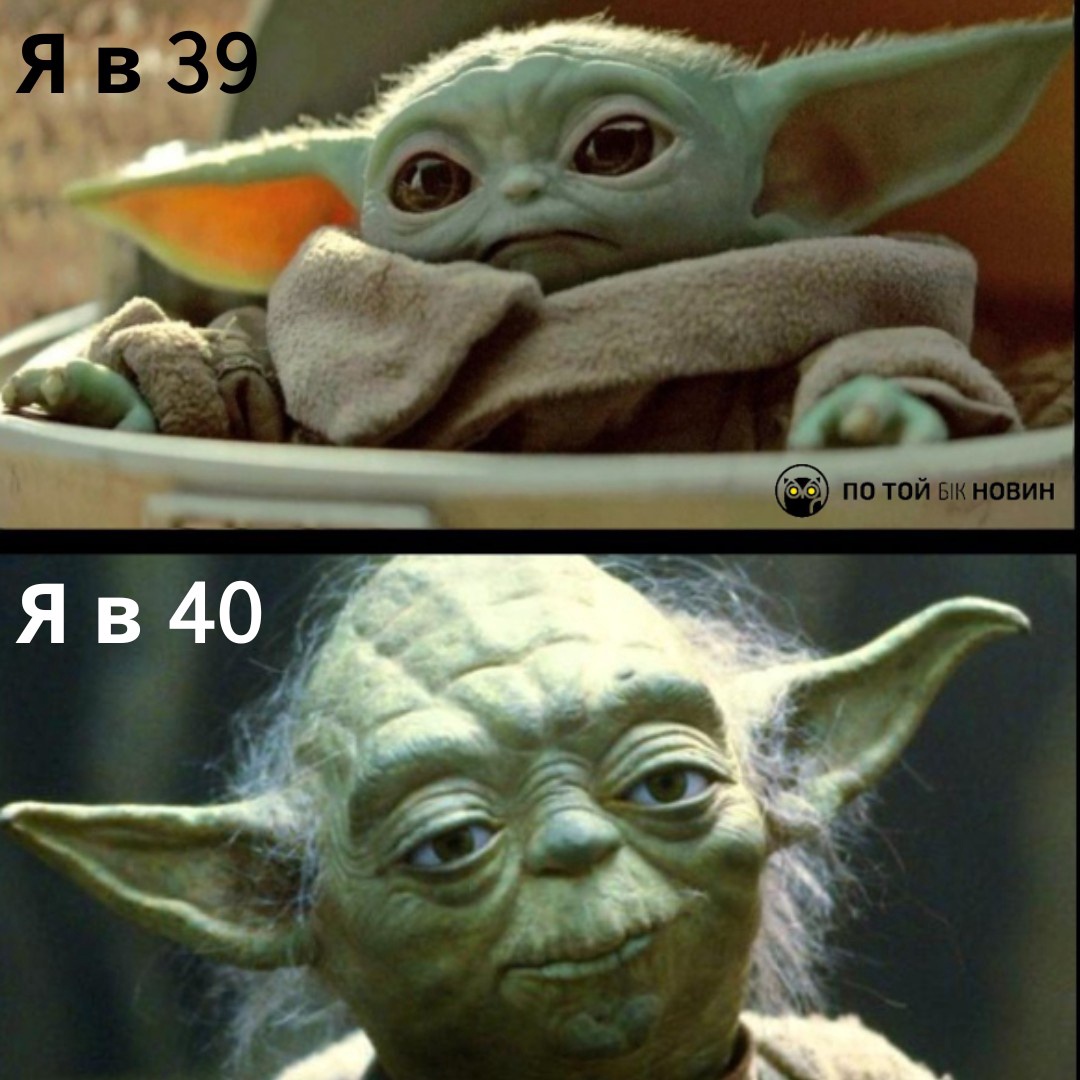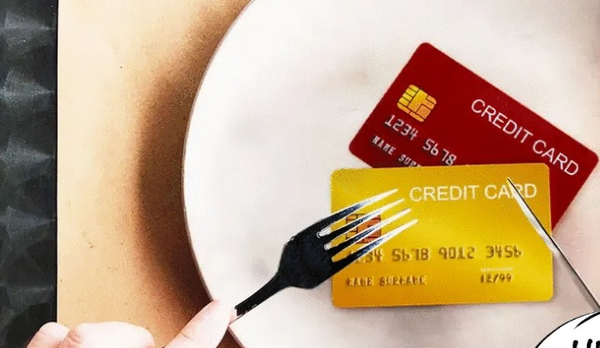What do heart surgeons and Apple have in common?

If you haven’t heard of it, you’ve certainly seen prices like “4.99” or “2,499” in supermarkets or online stores. The core of this pricing tactic revolves around the assumption that people primarily focus on the leftmost digits while paying less attention to the right ones. To us, 599 appears much smaller than 600, despite only a one digit difference. Subconsciously, buyers might think of it as “five hundred and something,” which influences their perception of the price.
Sellers and marketers actively use this manipulation in their work strategies. It’s believed that the effect is heightened when the final digits (e.g. - .99) are displayed in a smaller font, thus directing attention to the first digits.
But is there a way to measure the extent of the left-hand digit effect?
Economist and mathematician Avner Strulov-Shlain tried to answer this question. He analyzed [1] data on the sale of 3,500 products (food items priced below $10) from 25 national supermarket chains in the United States between 2006 and 2019. According to his calculations, customers perceive the difference between $4.99 and $5.00 as an average increase of 20 cents, while the difference between $5.00 and $5.01 is perceived as an increase of 0.8 cents.
The study highlights that entrepreneurs sometimes underestimate the effectiveness of this trick. This results in a loss of profits ranging from 0.6% to 4% if they fail to consider it when pricing.
The graph in the first comment shows how the demand for a product changes with varying prices.
As you can see, the impact is indeed strong. No wonder that industry giants like Apple and Netflix often list prices on their websites with nines at the end rather than rounded figures.
In their book Random Acts of Medicine [2], doctors Anupam Jena and Christopher Worsham argue that the left-handed effect frequently manifests in the medical field. They analyzed data related to coronary artery bypass surgery in elderly individuals who had been diagnosed with a heart attack. The researchers suggested that this heuristic could play a role when dealing with patients nearing the age of 80. Most 80-year-old patients are less likely to undergo surgery compared to those in their 70s.
An examination of 9,500 patients revealed that those admitted to the hospital a week before their 80th birthday, for instance, at the age of 79 years and 50 weeks, were more likely to receive coronary artery bypass surgery than those who arrived three weeks later, at the age of 80 years and one week.
Patients treated within the two-week window before their 80th birthday underwent surgery in 7% of cases, while those admitted in the two weeks following their 80th birthday - 5.3% of cases. This means that out of every 59 patients seeking assistance near the age of 80, one didn’t undergo surgery due to wrongly choosing his/her admission date in relation to his/her birthday. Presumably, doctors categorized patients as either “over 70” or “over 80”. Notably, there was no significant difference in mortality rates between these groups during the first year following admission to hospital.
The authors also discuss other medical cases where the left-handedness effect has been observed. For example, kidneys from potential 70-year-old donors were rejected (due to poor quality for transplant) far more frequently than kidneys from 69-year-old donors.
This heuristic can be applied anywhere in our world. For example, a car with 99,900 kilometres may cost more than a similar one with 100,000 kilometres. In role-playing games, players might consider a weapon with a 9.1 attack rating as superior to one with an 8.9 attack rating. Likewise, citizens might underestimate or overestimate the performance of politicians reporting on their activities. The key factor is the presence of numbers.
Understanding our perceptual vulnerability may help us attain a more objective view of the world and not lose money. Or maybe not. Perhaps we wouldn’t be surprised if a denomination like the 99-value bill were introduced to facilitate payments.
Prepared by Dmytro Filipchuk
References:
⦁ https://academic.oup.com/.../article.../90/5/2612/6931812
⦁ Random Acts of Medicine: The Hidden Forces That Sway Doctors, Impact Patients, and Shape Our Health. Chapter 8.






